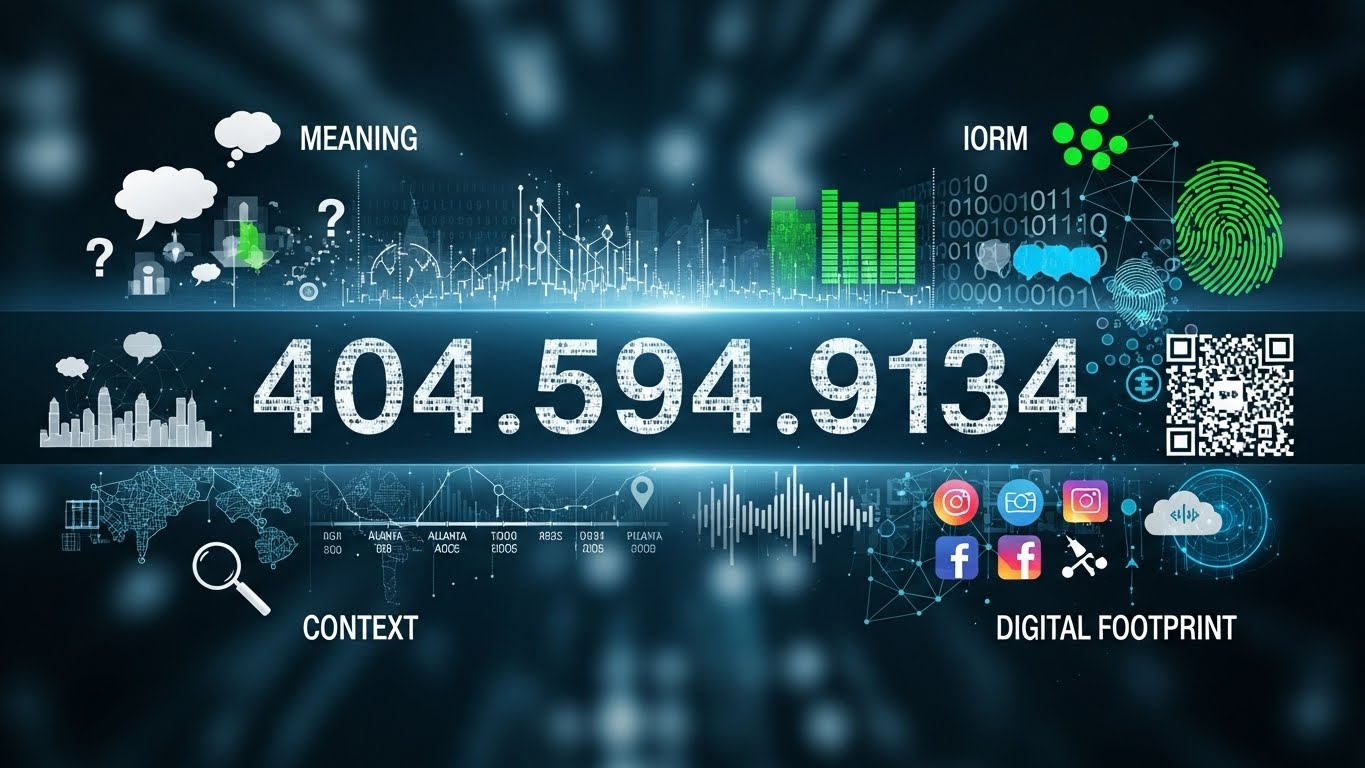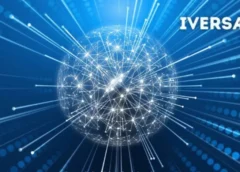In the vast universe of the internet, numbers carry significant weight. From IP addresses to DNS entries, numerical strings define how our devices communicate. However, some numbers don’t immediately make sense, causing confusion and curiosity. One such string, 185.63.2253.200, has caught attention online for its peculiar format. At first glance, it seems like an IP address. But when examined closely, it breaks the rules of standard networking conventions.
So what is 185.63.2253.200? Is it just a typo, or could there be something more? In this article, we’ll decode the mystery surrounding this unusual sequence and explore possible reasons for its online presence.
What Makes 185.63.2253.200 So Unusual?
To understand why this string stands out, it’s essential to understand the structure of a valid IP address. An IPv4 address is made up of four numbers separated by dots, such as 192.168.0.1, with each section ranging from 0 to 255. These numbers represent binary data used by devices to identify and communicate with one another.
Now look at 185.63.2253.200. At first, it looks like it could be a valid IP. But there’s a problem: the third section, “2253,” is outside the valid range. This makes the entire string an invalid IP address. No system on the internet would recognize it as legitimate, meaning it wouldn’t resolve to any server or device.
Could It Be a Simple Typo?
One logical explanation is that the sequence was simply typed incorrectly. Perhaps someone meant to write 185.63.253.200, which is valid. In the world of networking, even a single digit out of place can lead to issues such as broken links, server errors, or failed network communication.
Yet the unusual frequency with which this specific string appears online suggests that it may not be a mere error. Rather, it could be part of something intentional — a form of code, a red herring, or even part of a digital puzzle.
Possible Use as a Placeholder
Developers and IT professionals often use placeholder values during configuration or documentation. In cases where a real IP address isn’t yet known or assigned, a fictional IP like “185.63.2253.200” might be used to illustrate a concept or structure.
While this isn’t a best practice — as fake IPs can confuse systems or readers — it does happen, especially in draft tutorials or test scripts. Perhaps this specific combination was once used in an online guide and was inadvertently shared across platforms, gaining visibility over time.
Is There a Hidden Message?
In the digital world, not everything is what it seems. There is a long history of developers, artists, and hackers embedding coded messages into what appear to be ordinary sequences. Could 185.63.2253.200 be a cipher of some kind?
One theory is that the numbers could correspond to ASCII characters, GPS coordinates, or a unique data identifier in a larger system. For example:
-
The number 185 in ASCII translates to a specific symbol (¹).
-
The combination of 2253 could point to a ZIP code, a year, or part of a time reference.
-
63 and 200 might represent parameters in a dataset or control values in a custom program.
Though speculative, it’s possible that 185.63.2253.200 is meant to be decoded, interpreted, or discovered — possibly part of an alternate reality game (ARG) or a hidden digital campaign.
Cybersecurity Concerns and Anomalous Data
The presence of malformed IP-like strings can also raise red flags in the cybersecurity realm. Hackers have been known to exploit unusual or fake IP patterns to mask activity or confuse firewall filters. If a firewall isn’t configured to reject invalid inputs, malformed addresses like 185.63.2253.200 might slip through as part of a broader evasion tactic.
Moreover, clicking on links or downloading files from sources tied to invalid strings can be risky. Cybercriminals sometimes design phishing campaigns using odd-looking domains or URLs to encourage curious users to engage — leading them to malicious content.
As a rule of thumb, users should treat strange IPs and numerical strings with caution. Always verify before interacting with such content.
SEO Potential: A Unique Keyword Opportunity
From a digital marketing perspective, keywords like “185.63.2253.200” offer unique SEO advantages. Because the string is rare and specific, content built around it can rank quickly in search results — especially when there’s little existing competition.
This makes it attractive for bloggers and niche websites aiming to capitalize on long-tail keywords. Whether the string was discovered in server logs, mentioned in forum discussions, or circulated in tech communities, writing about it can draw in traffic from curious users trying to make sense of what they saw.
Just like urban legends, the mystery around “185.63.2253.200” fuels clicks, engagement, and speculation — which search engines love.
Could It Be a Fictional Address?
There’s also a creative possibility: “185.63.2253.200” could be completely fictional — perhaps part of a game, novel, or story involving digital themes. Just as filmmakers and writers use fake phone numbers (like the classic “555” format), they also sometimes use fabricated IPs to simulate realistic digital environments.
This makes it easier to illustrate tech scenarios without exposing real data or inviting legal risks. If a developer or content creator wanted to hint at a secret server or mysterious network, using an IP-like string such as 185.63.2253.200 would be a clever way to spark curiosity without revealing anything real.
Final Thoughts: Why the Mystery Matters
Whether it’s an innocent mistake, a deliberate code, or a clever bit of fiction, 185.63.2253.200 has become an online enigma. Its format invites analysis, its mystery fuels speculation, and its visibility keeps growing across the web.
In a time when digital literacy matters more than ever, strange entries like these encourage users to think critically, question what they see, and investigate beyond the surface. That, in itself, makes “185.63.2253.200” more than just a broken IP address — it becomes a symbol of how the internet blurs the lines between real and imagined, technical and narrative.
Stay Curious, Stay Cautious
If you ever encounter unusual numbers like this, take a moment to analyze them. Use online tools, verify the formatting, and don’t engage unless you’re sure it’s safe. In today’s interconnected world, understanding the structure and meaning of digital artifacts is as important as knowing how to use them.







